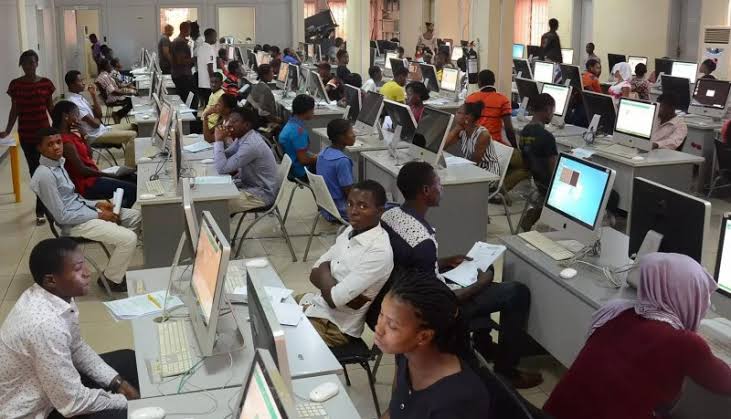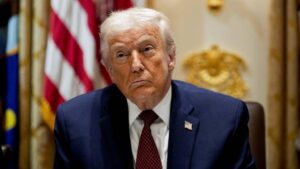Dr. Mike Ene, Secretary General of the Nigeria Union of Teachers (NUT), voiced his concerns, noting that while the policy may be well-intentioned, it risks disrupting the education system. Dr. Ene pointed out that in modern Nigeria, many children start school earlier than the recommended age of six. As a result, some students graduate secondary school at 16 or even younger. He expressed worries about what these younger students will do if they are forced to wait until 18 to take their exams, warning that keeping them idle could lead to negative outcomes.
He also emphasized the importance of considering gifted children, who often progress through school more quickly due to their advanced abilities. Dr. Ene argued that the policy could stifle their potential by forcing them to wait unnecessarily before pursuing higher education. He called for broader consultations with education stakeholders before the policy is fully implemented.
National Parents Teachers Association of Nigeria (NAPTAN) Plans Legal Action
The National Parents Teachers Association of Nigeria (NAPTAN) has been one of the most vocal opponents of the new age limit. Chief Adeolu Ogunbanjo, Deputy National President of NAPTAN, criticized the policy as an attempt to roll back progress in education. Ogunbanjo warned that the policy could harm the aspirations of many parents who have invested in their children’s education, hoping they can begin their university journey at an earlier age.
NAPTAN has already consulted lawyers and plans to challenge the policy in court if it remains in place by 2025. Ogunbanjo argued that the education sector needs to evolve with the times and that the government should reconsider its stance. According to him, the policy fails to account for the realities of modern education, where students often complete their studies before turning 18.
Support from Academic Staff Union of Universities (ASUU)
On the other hand, the Academic Staff Union of Universities (ASUU) supports the age restriction. ASUU National President, Professor Emmanuel Osodeke, endorsed the policy, stating that it would help ensure that students are emotionally and intellectually mature enough to handle the rigors of tertiary education. He attributed opposition to the policy to the rise of private schools, which often accelerate students’ progression through the system.
Professor Osodeke dismissed concerns about gifted students, arguing that their numbers are relatively low and that parents should be responsible for keeping them engaged until they reach the required age. He suggested that parents should plan ahead and consider ways to keep their children occupied productively if they complete secondary school before turning 18.
What Does the Future Hold?
As 2025 approaches, the debate surrounding the new policy is likely to intensify. Advocates argue that it will lead to a more mature and prepared university population, while critics fear it could create unintended consequences for students and their families.
Many parents and teachers worry about the policy’s impact on students who excel academically at a young age, as well as on those who rely on the current system to enter university earlier. Others see this as an opportunity to reinforce the education structure and ensure students are fully ready before entering higher education.
Ultimately, the success of this policy will depend on how it is implemented and whether the concerns raised by stakeholders are adequately addressed. Until then, the education community will continue to watch closely as this policy takes shape.







